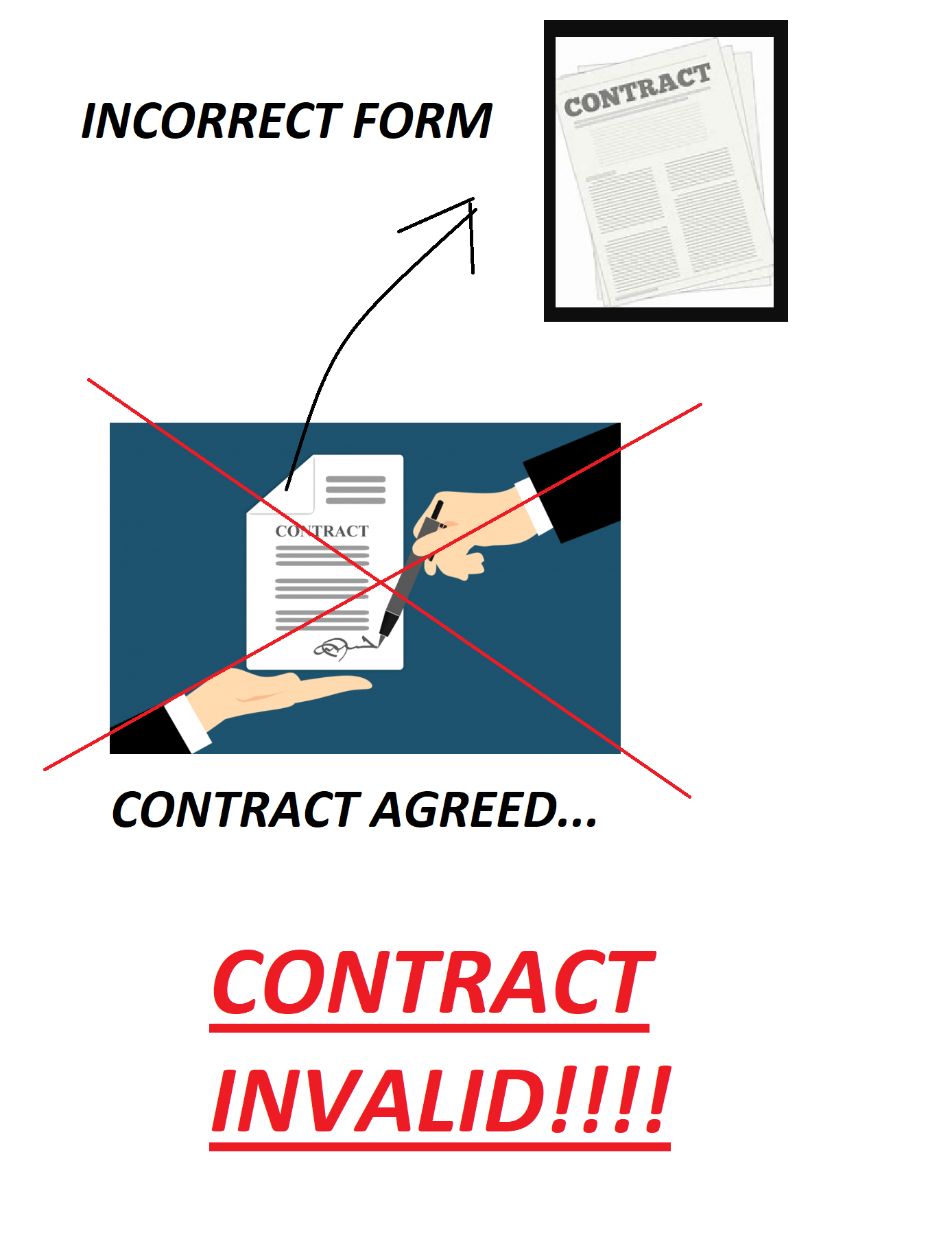Bellinger v Bellinger, [2003] UKHL 21
Citation:Bellinger v Bellinger, [2003] UKHL 21
Rule of thumb 1:If the paperwork & legal requirements for a contract to be formed are not filled out correctly, is the contract valid? No, it is invalid if the technical requirements are not filled out correctly.
Rule of thumb 2:If the paperwork for a marriage is not filled out properly, is the marriage valid? No. In deeming whether a marriage has been done formally the exact provisions have to be followed in order for the marriage to be technically deemed to have been created formally.
Judgment:
In this case the Court was asked whether transsexuals were allowed to marry under the matrimonial causes Act 1973. The Court held that the preamble of the Act and the parts were fairly narrow and specific in relation to men and women marrying and that it should be given a narrow interpretation.

Ratio-decidendi:
‘I too would make the declaration of incompatibility which they propose but would otherwise dismiss the appeal. I add a point about the language of the relevant legislation, ‘77. The appellant's primary claim was for a declaration under s.55 of the Family Law Act 1986 that her marriage to Mr Bellinger in 1981 was "at its inception a valid marriage". For the reasons given by my noble and learned friends and for the additional reasons I have given and those to be given by my noble and learned friend Lord Rodger of Earlsferry, the claim must fail and the appeal be dismissed. The 1981 wedding was not valid. 78. But that still leaves the question whether the House should make a declaration of incompatibility under s.4 of the Human Rights Act 1998. The threshold question is whether, by applying s.3, it is possible, as a matter of interpretation, to 'read down' s.11 (c) of the 1973 Act so as to include additional words such as "or two people of the same sex one of whom has changed his/her sex to that of the opposite sex". This would in my view not be an exercise in interpretation however robust. It would be a legislative exercise of amendment making a legislative choice as to what precise amendment was appropriate. Counsel for the Lord Chancellor on behalf of the Government did not argue otherwise. Counsel also did not argue that Goodwin was wrongly decided nor that the UK was not under a treaty obligation to comply with it. But, effectively repeating arguments made unsuccessfully in Strasbourg, submitted that the House should not exercise its discretion under s.4 having regard to the difficulty of deciding upon new policies and drafting new legislation. These difficulties exist but much time has elapsed; the Working Group reported in April 2000; the Court of Appeal commented as strongly as it was proper for them to do so at the lack of progress in July 2001 and the ECtHR has made its decision in Goodwin on the basis that the permitted time for compliance has expired. The argument for further time is now itself incompatible with the rights conferred by the Convention. 79. But counsel also argued that, in view of his concession that Goodwin bound the United Kingdom, any declaration would be academic and its purpose was merely to confer a power to expedite legislation under s.10. These arguments must be rejected. The Appellant and Mr Bellinger in exercise of their rights under Article 12 would wish to enter into a valid marriage as soon as the UK legislation enables them to do so. Others may wish to do the same. The Government can not yet give any assurance about the introduction of compliant legislation. There will be political costs in both the drafting and enactment of new legislation and the legislative time it will occupy. The incompatibility having been established, the declaration under s.4 should be made’. Lord Hobhouse, ‘82. The submissions for Mrs Bellinger presuppose that, in relation to marriage, English law envisages that a person's gender can alter. The form of section 11(c) of the Matrimonial Causes Act 1973 indicates that this is not so’, Lord Rodger
Warning: This is not professional legal advice. This is not professional legal education advice. Please obtain professional guidance before embarking on any legal course of action. This is just an interpretation of a Judgment by persons of legal insight & varying levels of legal specialism, experience & expertise. Please read the Judgment yourself and form your own interpretation of it with professional assistance.

